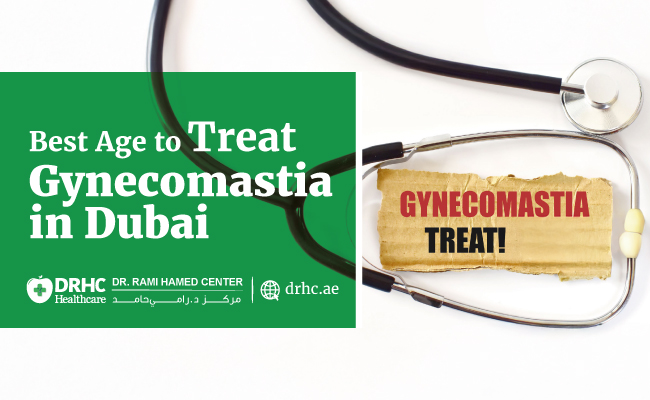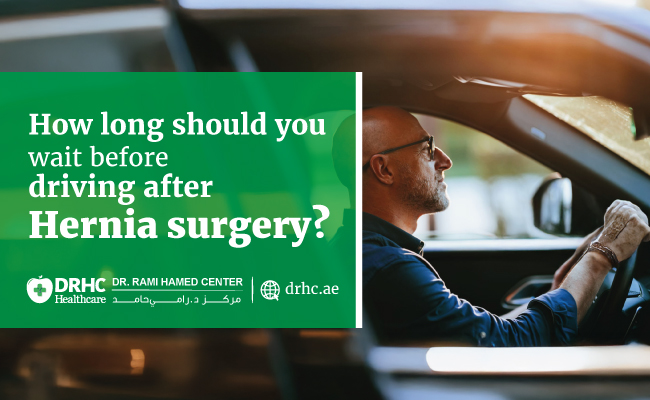
At DRHC Dubai, we specialize in minimally invasive solutions for complex anorectal conditions, including anal fistulas. One of the most revolutionary procedures we offer is VAAFT (Video-Assisted Anal Fistula Treatment)—a technique that not only improves healing outcomes but also preserves the integrity of the anal sphincter, minimizing the risk of incontinence.
Understanding the Importance of Sphincter Preservation
The anal sphincter is a critical muscle that controls bowel continence. In many traditional fistula surgeries, especially for high or complex fistulas, the sphincter can be partially cut or damaged—leading to complications like:
- Fecal incontinence
- Urgency or leakage
- Quality of life issues
- Emotional and psychological distress
VAAFT was specifically designed to overcome these challenges by treating fistulas without cutting or compromising the sphincter muscles.
What is VAAFT?
VAAFT is a minimally invasive, video-assisted technique for treating complex anal fistulas. It involves:
- Endoscopic visualization of the fistula tract
- Internal cleaning and cauterization of infected tissue
- Closure of the internal opening from the inside
- No cutting of surrounding muscle tissue
This approach is both function-preserving and effective, offering faster recovery with fewer complications.
Key Features That Make VAAFT a Sphincter-Saving Procedure
1. No Muscle Cutting or Division
Traditional fistula surgeries, like fistulotomy, often involve cutting through part of the anal sphincter to access or remove the tract. In contrast:
- VAAFT accesses the tract from within
- No external incisions or muscle disruption
- The entire sphincter complex remains intact
2. Precision Endoscopic Visualization
The use of a fistuloscope allows the surgeon to:
- Clearly identify the fistula pathway and internal opening
- Avoid guesswork or blind probing
- Target only the infected tissue while preserving all functional muscle
This precision is crucial in complex or high trans-sphincteric fistulas, where the tract crosses through or above the sphincter.
3. Internal Closure Techniques
Instead of external cutting, VAAFT uses:
- Mucosal advancement flaps
- Endoscopic suturing
- Fibrin glue or laser closure (in some cases)
These methods seal the internal opening effectively without risking sphincter damage
4. Minimally Invasive with Faster Healing
Because there are no large wounds or sphincter incisions:
- Postoperative pain is significantly reduced
- Healing is quicker
- The risk of infection and recurrence is lowered
- Bowel control remains fully functional
Who Can Benefit from VAAFT?
Ideal candidates for VAAFT include:
- Patients with complex or recurrent anal fistulas
- Those with high trans-sphincteric or suprasphincteric tracts
- Patients at high risk of incontinence
- Individuals with Crohn’s disease (under proper medical control)
Our expert colorectal surgeons at DRHC Dubai will conduct a thorough evaluation, often using MRI imaging to assess the fistula’s complexity before recommending the best treatment option.
Clinical Success and Safety
Numerous studies confirm that VAAFT:
- Offers high rates of healing (up to 80–90% in selected cases)
- Has minimal to no impact continence
- Is associated with lower recurrence rates
- Improves patient satisfaction and postoperative quality of life
At DRHC Dubai, we have extensive experience with VAAFT and tailor each procedure based on the patient’s unique anatomy and fistula characteristics.
Why Choose DRHC Dubai for VAAFT
- Expert Colorectal Surgeons with specialized training in minimally invasive techniques
- State-of-the-art endoscopic equipment for accurate diagnosis and treatment
- Holistic patient care, including imaging, surgical planning, and postoperative follow-up
- Focus on preserving bowel function and minimizing recurrence
Book Your Consultation Today
If you’ve been diagnosed with an anal fistula and are concerned about surgery affecting your continence, VAAFT may be the ideal solution for you. Trust the experienced team at DRHC Dubai for safe, effective, and sphincter-preserving fistula treatment.
📞 Call Us: +97142798200
📍 Visit Us: Dr Rami Hamed Center, Dubai HealthcareCity
🌐 Website: www.drhc.ae
Topic: General Surgery




.webp)




Leave a comment